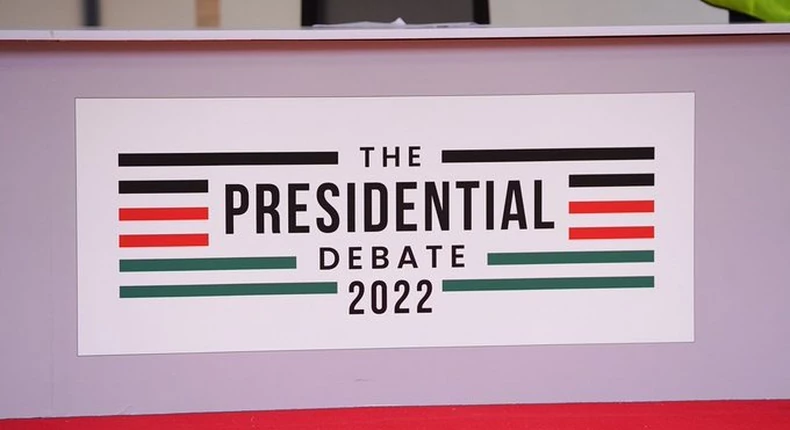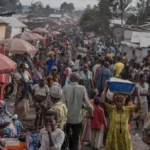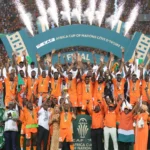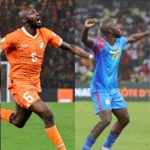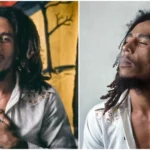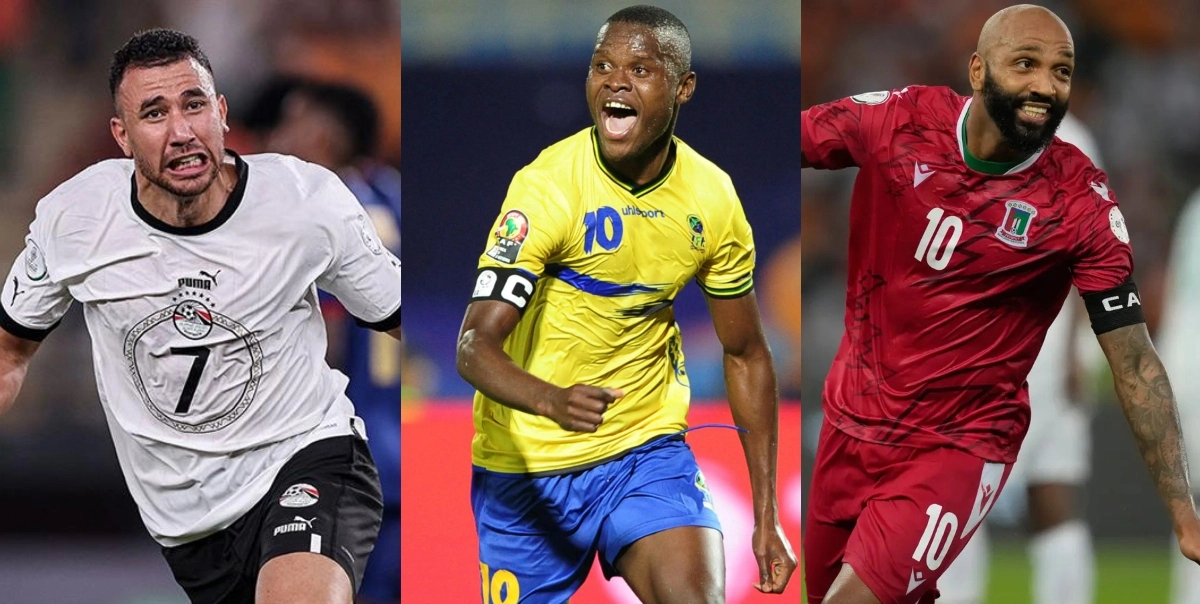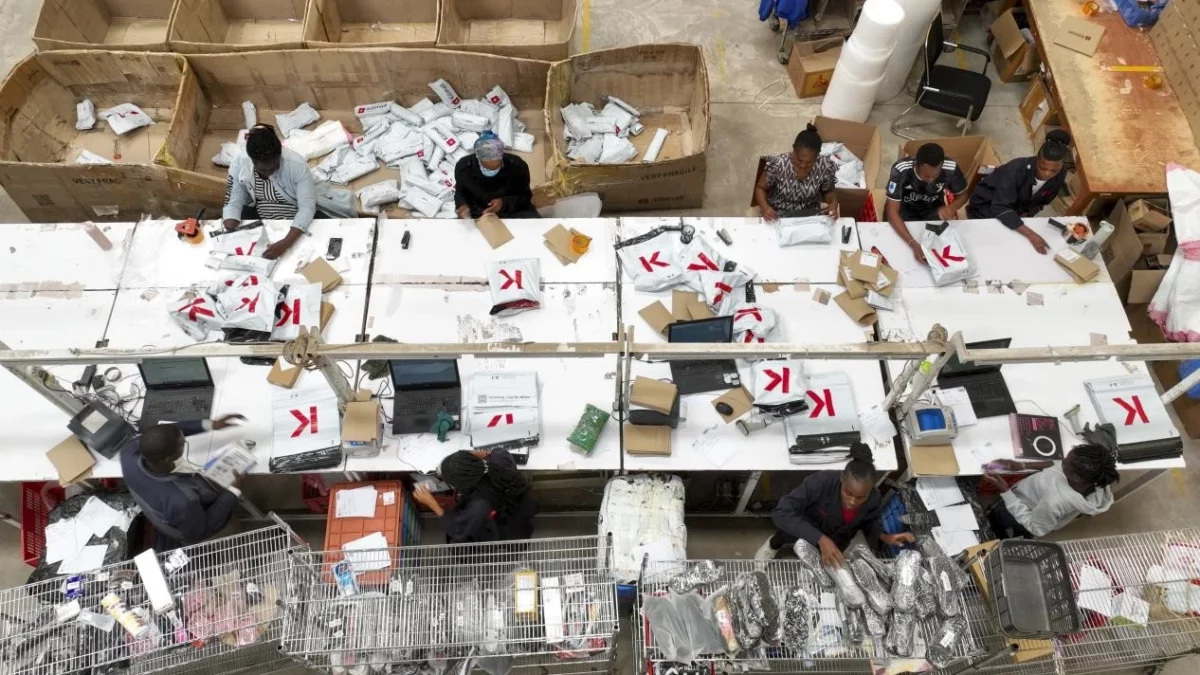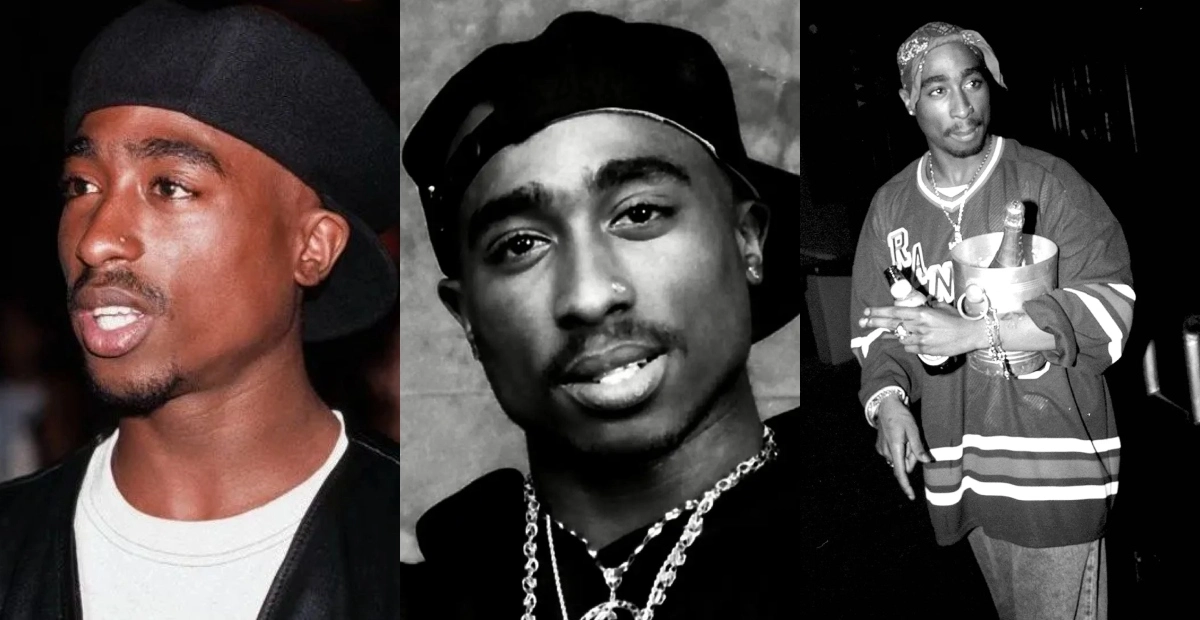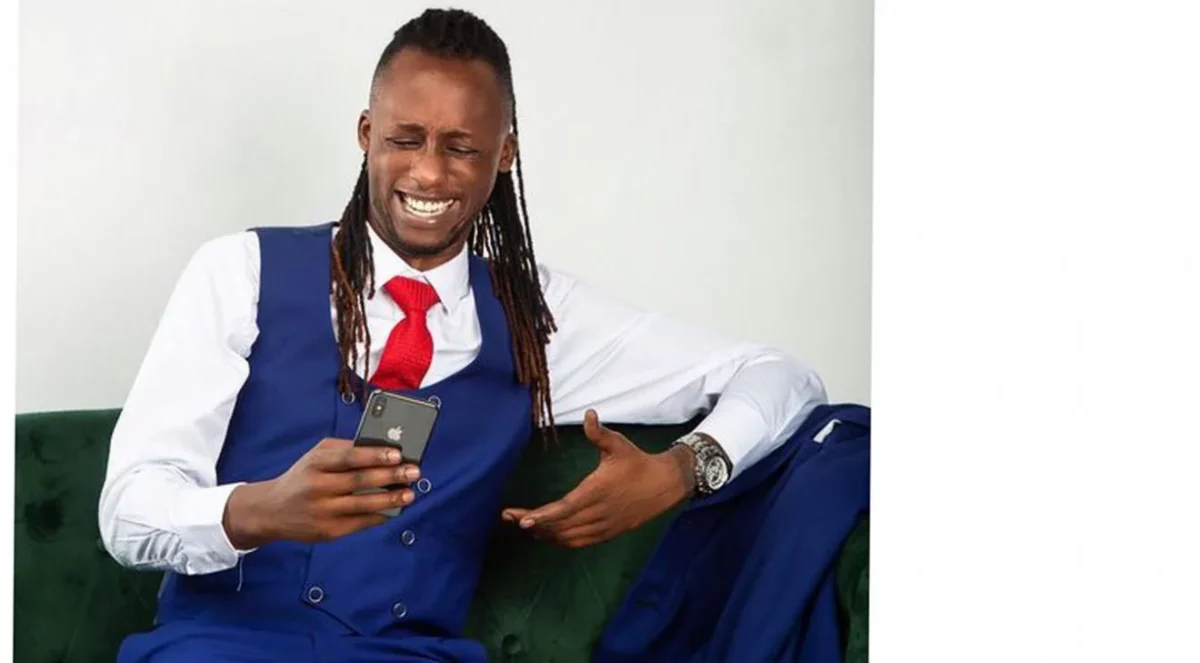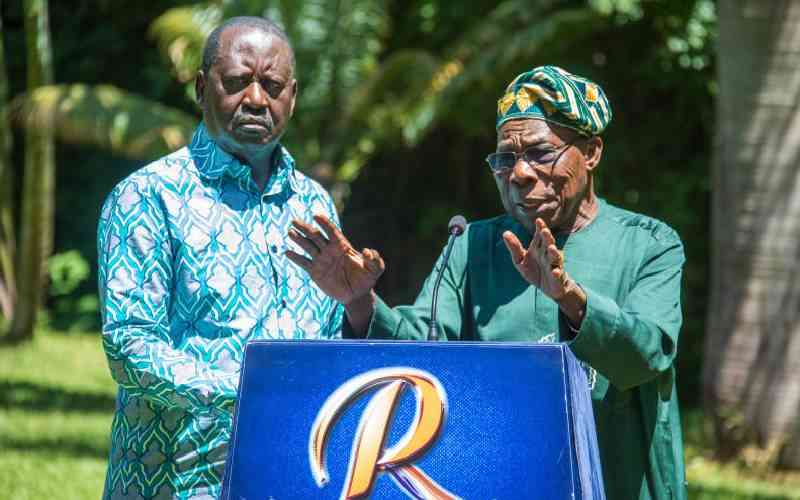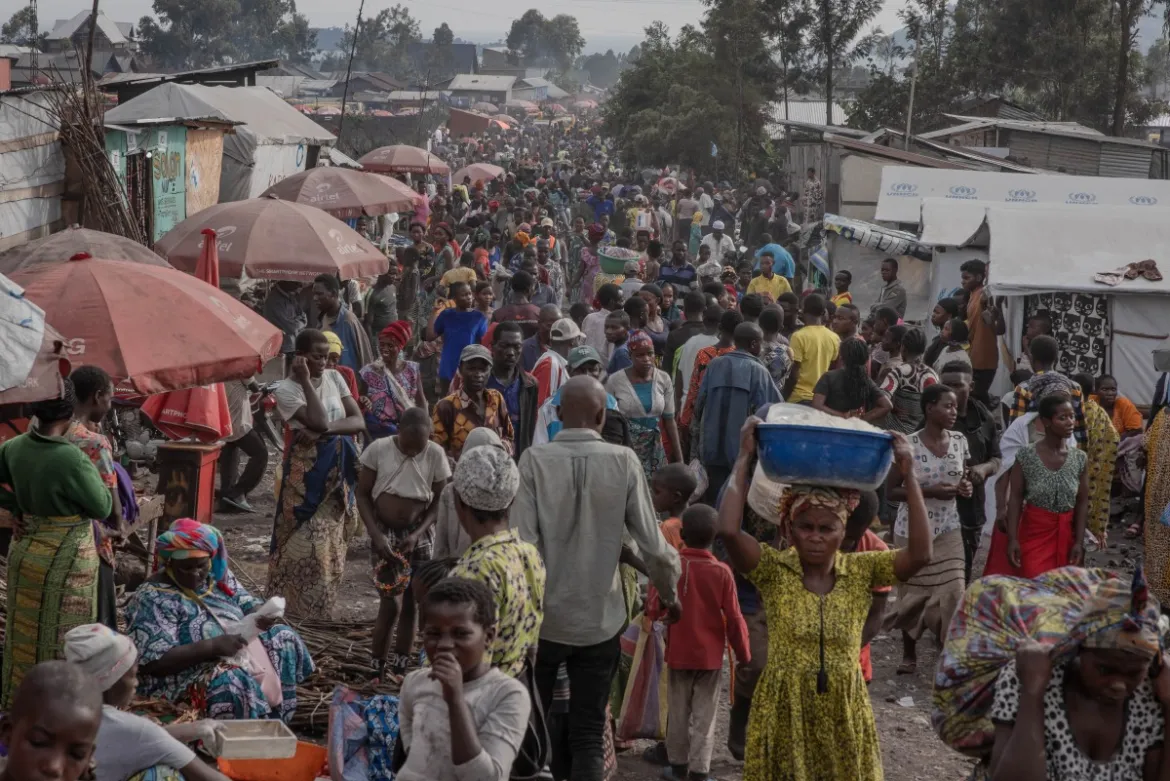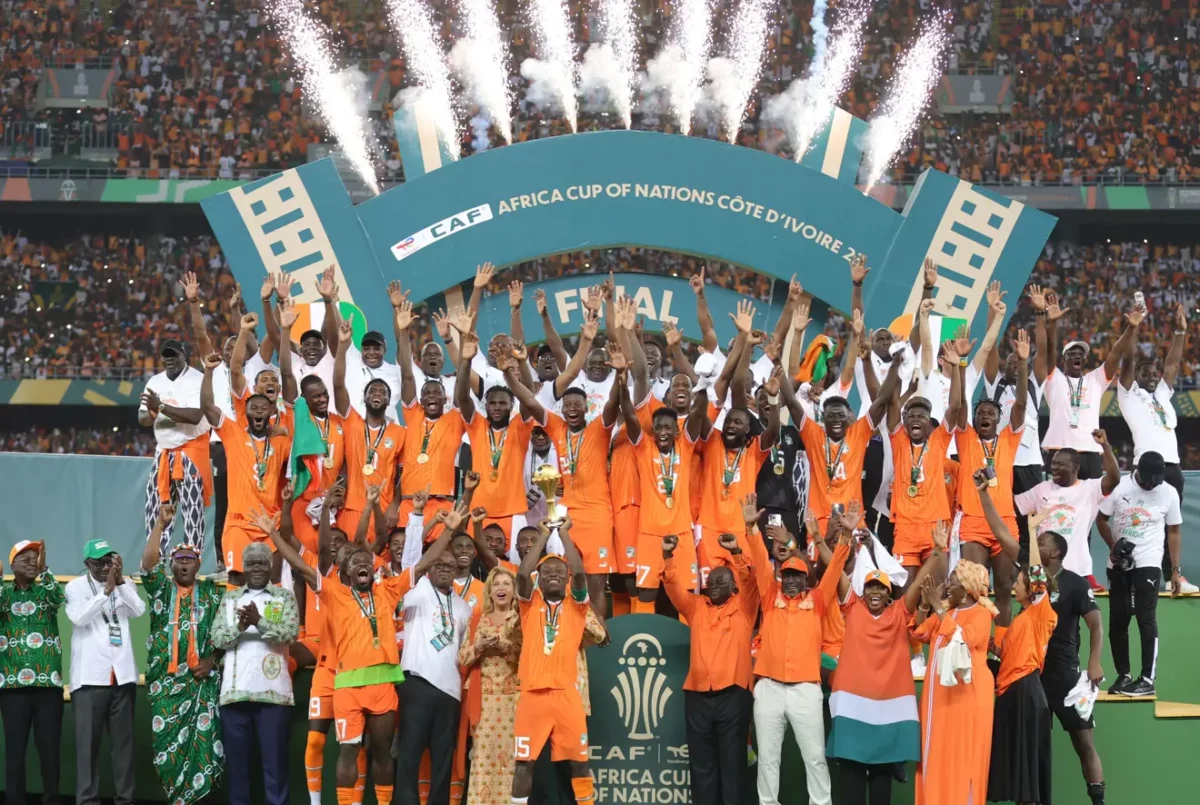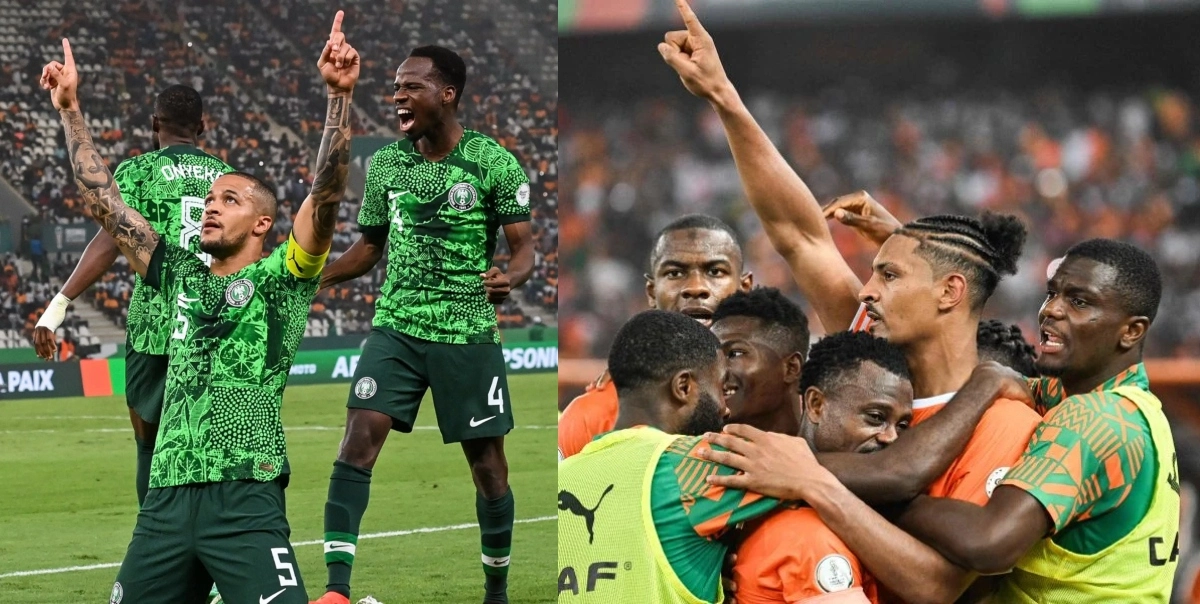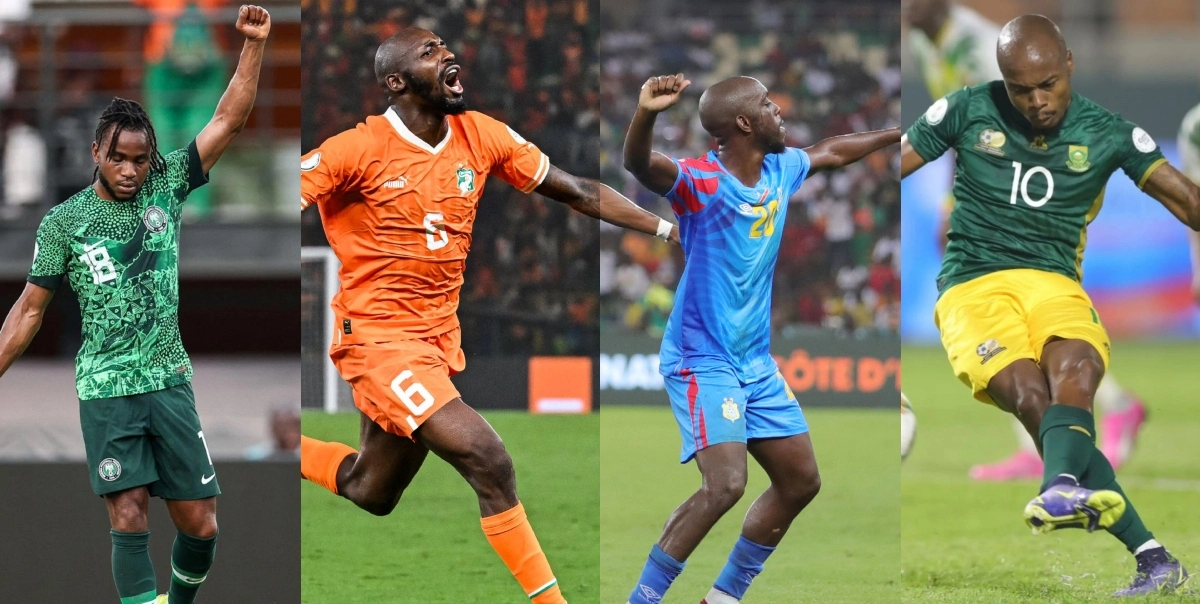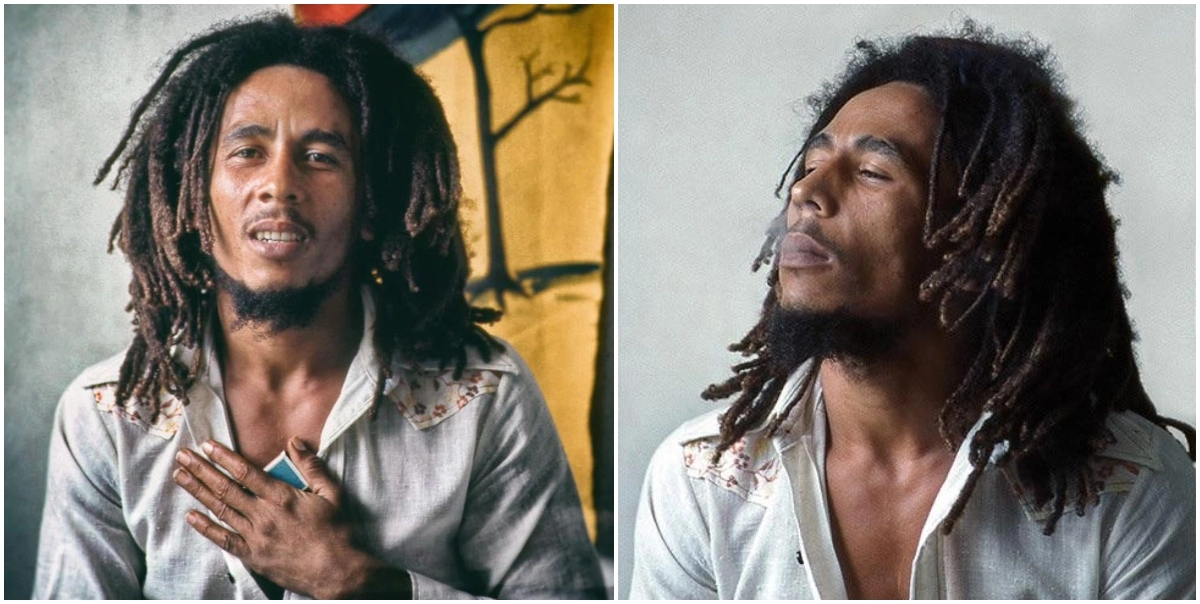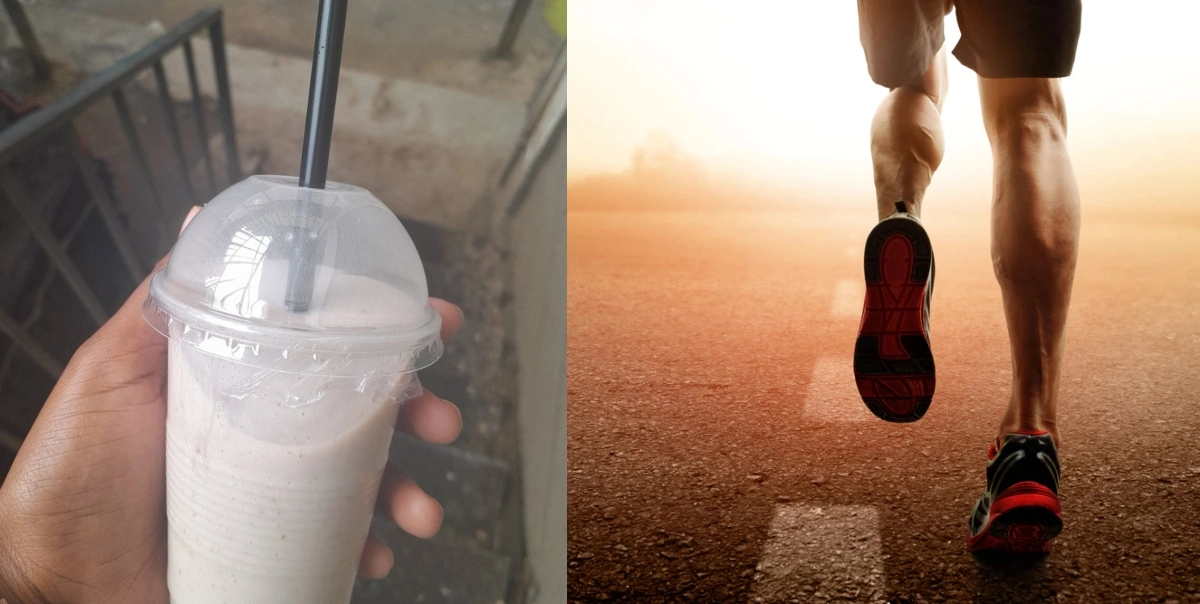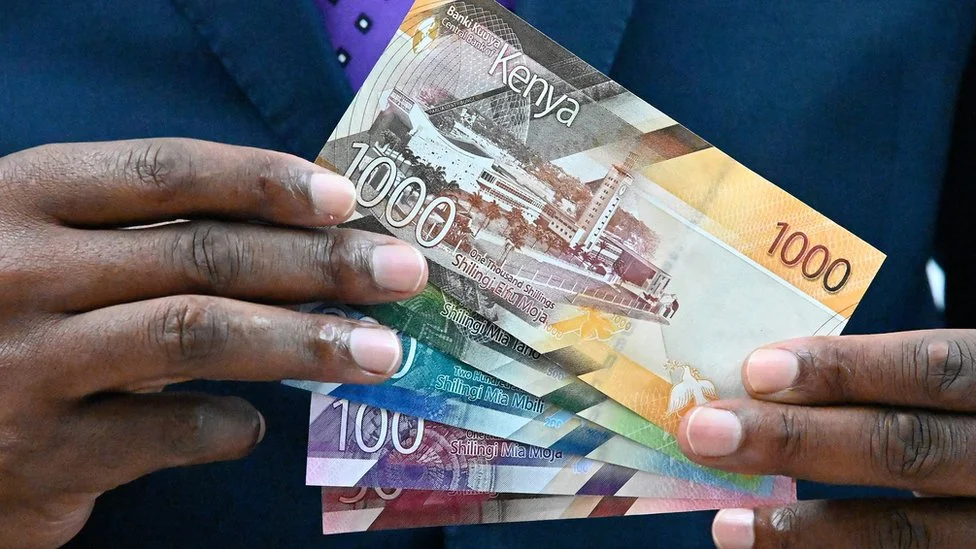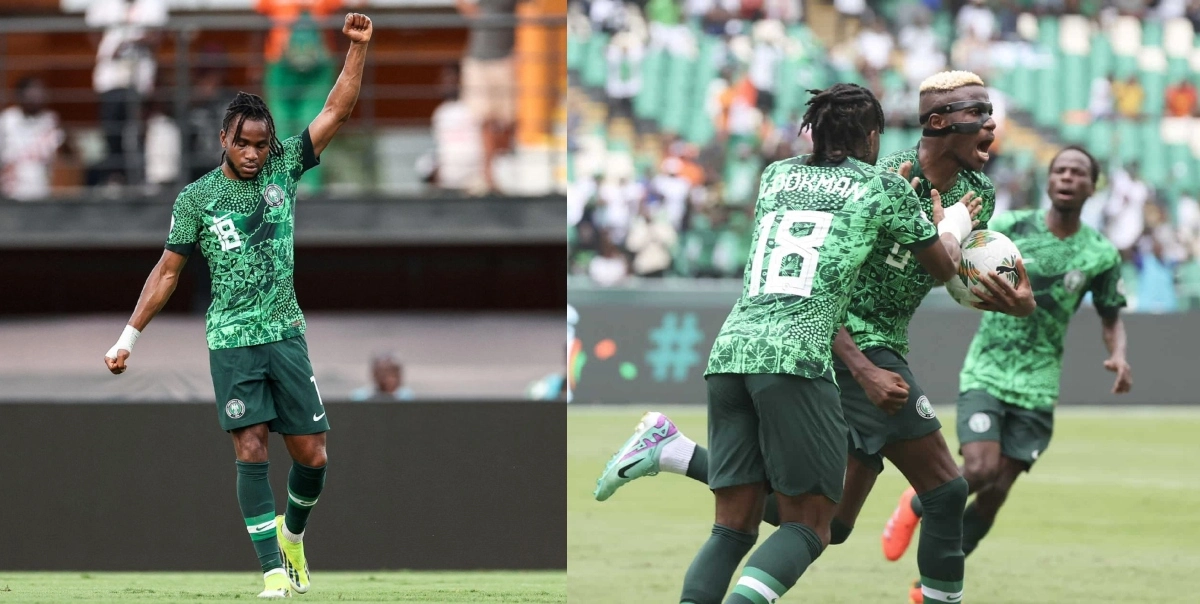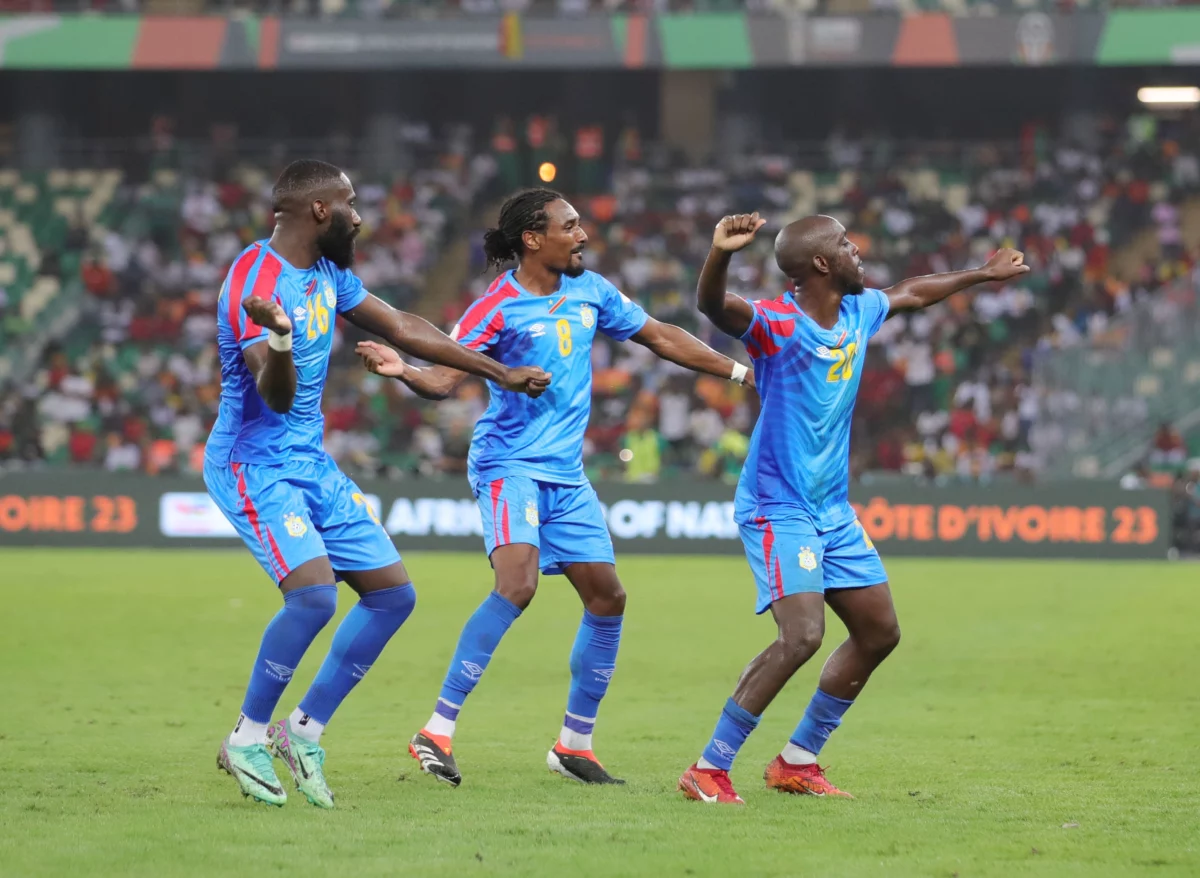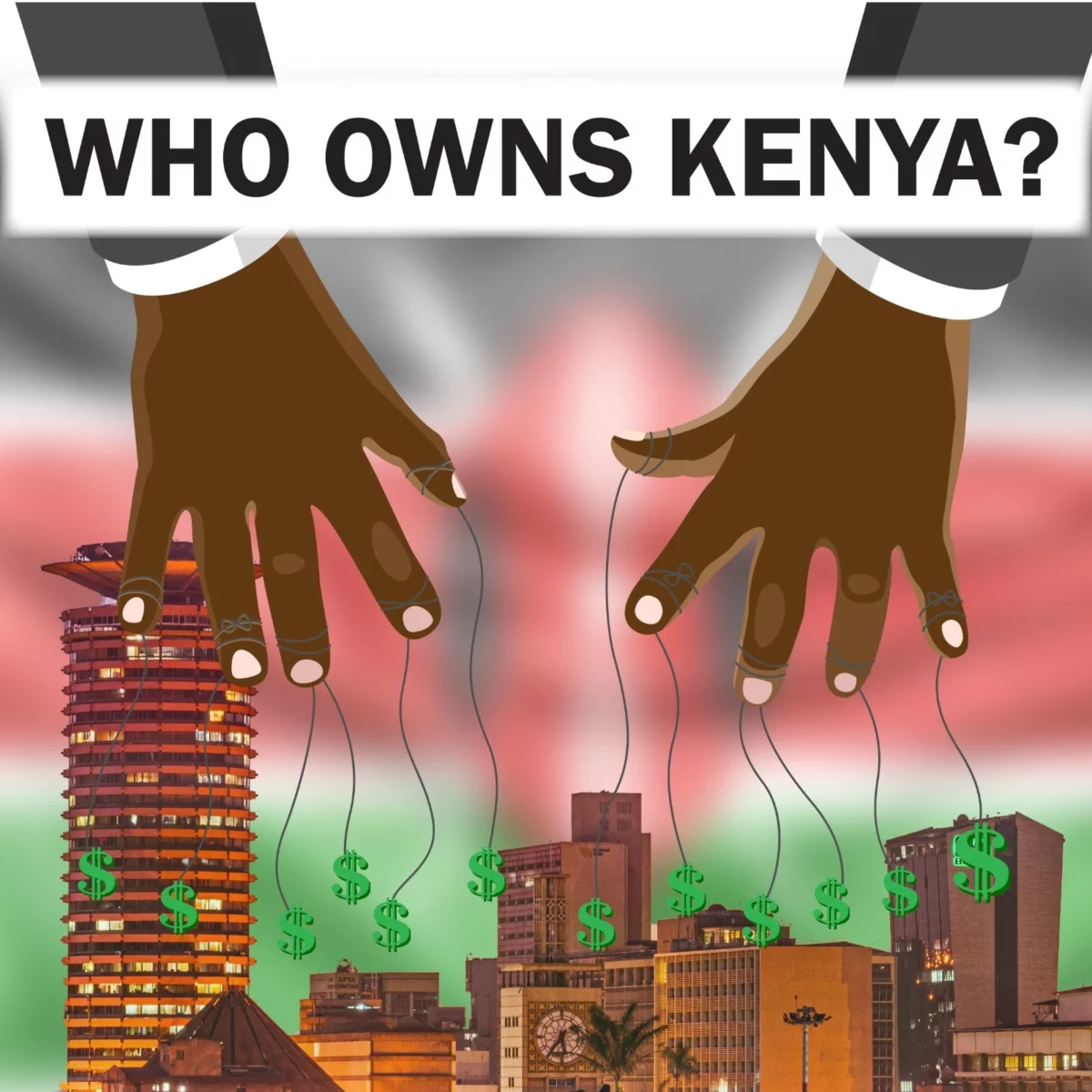Will the upcoming presidential debate impact Kenyans on the ballot, in regards to the next government flagbearer? What does the public expect from their candidates in the Debate?
With the political atmosphere blowing off the roof, Campaign rallies adjust gears, triggering the pressure to use less time and gain more results. The media is taking a step by introducing the presidential debate forum for the contending candidates to air their agenda to the public prior to elections.
While observing the campaign momentum to determine where victory is most likely to sprout. The bandwagon effect is fastening its grip on the coalition foreseen to be victorious.
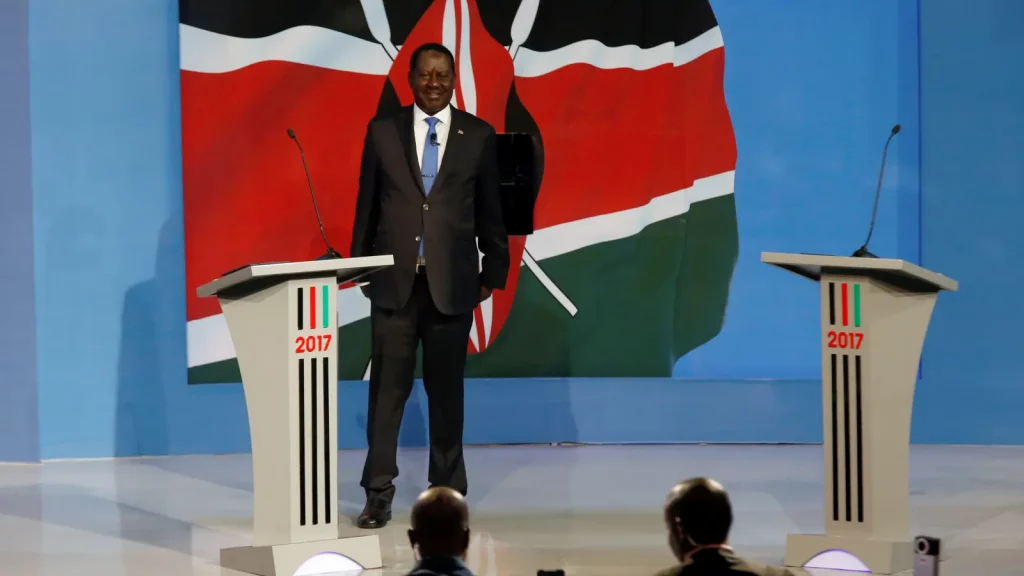

The preparations for the 2022 polls have moved all the way from the formation of alliances, and campaign rallies, to deputy & presidential debates.
The media is now more than ever playing a crucial role in the general pre-election period, organizing and covering the election preparations.
From hosting debates among candidates on different levels of leadership to ensuring the public is involved and engaged in the electoral process, for an effective election outcome.
Liaising with the IEBC (Independent Electoral & Boundaries Commission), the media is determined to engage the voter in the most important responsibility of a country.
The 2022 presidential race boils down to two candidates according to opinion polls and statistics. Azimio la Umoja One Kenya Alliance candidate Raila Odinga, as well as the United Democratic Alliance (UDA) sailed by William Ruto.
Seemingly there’s a hitch in the UDA’s trust in the Media and lately the IEBC. This is according to serious allegations made by the party on the two bodies (IEBC & Media). Despite the media being the peddler of political information.
It’s quite clear that United Democratic Alliance will not show up in the upcoming presidential debate, following the distrust of the media. It was so until Azimio coalition members announced the captain’s withdrawal from the planned presidential debate, saying Raila can’t share a platform with Ruto who lacks basic decency.
“Raila Odinga is a great leader and a change maker, hence cannot share platforms with the chief master of thieves in Kenya. Ruto cannot level up to Raila in any way unless we send him Babu Owino to represent Baba,” Junnet Mohammed said.
Ruto’s defiance might have been the fear aroused by the popularity Raila has gained as per the current Info-track statistics. It makes Azimio party appear on the spotlight often, yet even so, the media’s interest is in the people.
Raila’s withdrawal from the debate has raised concerns about the significance of the debate to the leaders and the public. Even so, the Azimio candidate Raila Odinga has not aired his opinion about it.
In all election types and systems the world over, debates have little impact on the voter’s choice. Both undecided voters and those who already picked sides don’t get influenced in making up their minds or switching candidates. This is according to Wlezien and Erickson on the effectiveness of presidential debates on voters.
“I was astonished by the number of people who follow political news and debates, the numbers will make you think the debate is so impactful. . Most people who spend time to watch and engage in politics are those actively committed and involved in politics of specific candidate. Debates are short-term events, so they have less effect on people.” Wlezien explained.
In 2008, President Obama’s progress in the campaign was on the road to a landmark victory and it called for media attention. The opposition perceived it as a tide that tilted in his favour. To avoid confusion or bias, Fox News instead focused on the overarching interest of the public. This provided good reasoning for why President Obama’s campaign platform gave the best for the American people and the world.
In Kenya, the media is sure to give directions, based on public interest in the coalition manifestos. The media does not tell the public who to vote for. The public considers leaders’ track records and how they have addressed themselves in their manifestos.
With everything happening real fast in the country, the media is alert to tap into issues blowing clouds around the election. For instance, DCI is questionable over the illegally retrieved election materials, and Kenyans need to know.
As the upcoming presidential debate is making headlines, a lack of trust among institutions is arising at a time when the public needs clarity more.
The presidential debate is important to the public in the sense that, ‘Mwananchi’ is determined to get some hope in what their leaders are planning for them. Will they talk about the issues pinching the citizen most? How are they going to execute these plans to benefit them? Are these manifestos true?
For instance, how will ‘Baba care’ reach the local clinic and serve Nanjala & Sanaipei during delivery? How will the bottom-up hustler money improve Kadogo’s cereal shop and Otis’ mechanic centre? Will they be able to access solutions? Who will take responsibility to ensure that Wairimu who is physically handicapped gets her wheelchair and her monthly social security fee of 6,000?
This is the thrill for ‘Mwananchi’ getting the blueprint of the plan from the horses’ mouth. leaders challenge themselves in an interview by breaking down how they will execute their agendas for the public’s benefit.


